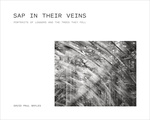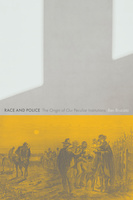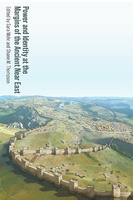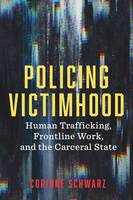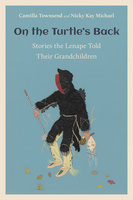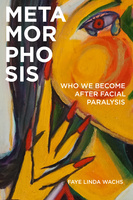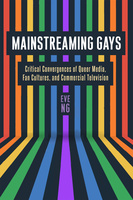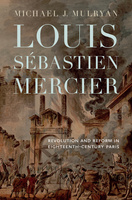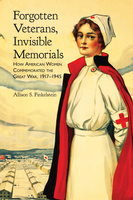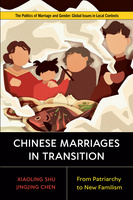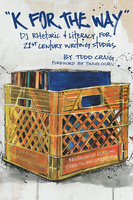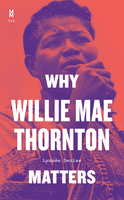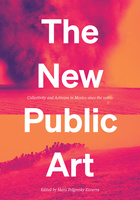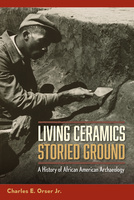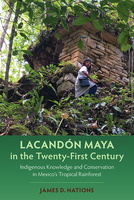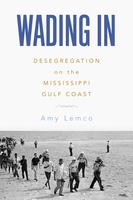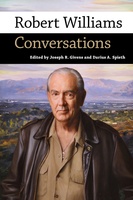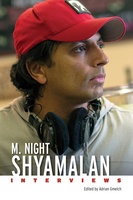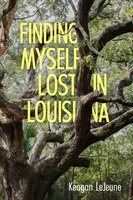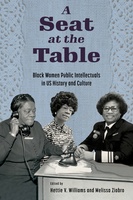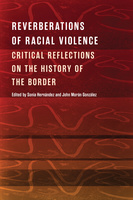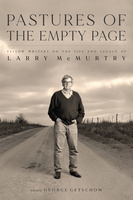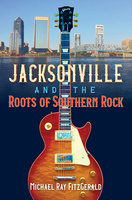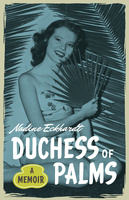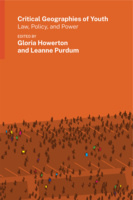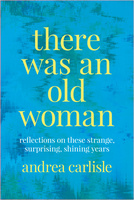Sap in Their Veins
Portraits of Loggers and the Trees They Fell
In 1972 David Paul Bayles left the suburbs of Los Angeles for a summer job as a logger. Then, instead of heading off to photography school in the fall as planned, he stayed. Four years later, celebrating the end of his last day of logging with his crewmates over a few beers, the woods boss toasted him: “We wish you well in photo school and please don’t forget us dirty old loggers.”
Bayles didn’t. A decade later he returned to the forests of the northern Sierras, Mount Shasta, and Redwood coast regions to create a photo exhibition that traveled through California and Oregon. In 2004 he expanded the project, focusing on how northern California’s logging industry had changed and altered the lives and culture of the men with whom he’d spent long days working in forests, men who worked with their hands and intuition. He discovered that with the increased industrialization of the forest and the arrival of machine-oriented tree felling, work that had relied on experience in meeting challenges, on camaraderie and trust, was in danger of becoming more like a robotically-operated assembly line. As one logger told Bayles, “They’re taking the Paul Bunyan out of logging.”
There’s a poignancy to these portraits and the stories they tell of changing times, hard times, and the humor found in between the dire risks loggers encounter every day. Bayles’ photographs and oral histories introduce us to men who love the forests in which they’ve spent, and sometimes risked, or lost, their lives. Many lament the unnecessary loss of trees and the advent of practices favoring quick profits over safety and sustainability. Bayles’ work is a testament and tribute to a fast-disappearing chapter of American woodsmen, one that may soon be forgotten.
Race and Police
The Origin of Our Peculiar Institutions
Power and Identity at the Margins of the Ancient Near East
Power and Identity at the Margins of the Ancient Near East rethinks the dichotomy between antiquated terms such as “core” and “periphery,” explores lived realities in the margins of central authority, and centers those margins as places of resistance and power in their own right.
Polish Jewish Culture Beyond the Capital
Centering the Periphery
This book highlights the modernity of Polish Jewish culture through its literature, poetry, film, cabaret, theater, architecture, the visual arts, and music in urban centers large and small. The contributors expertly reassert the belonging of Jews in Polish lands and showcase the multivalent texture of Polish Jewish cultural production before World War II.
Policing Victimhood
Human Trafficking, Frontline Work, and the Carceral State
On the Turtle's Back
Stories the Lenape Told Their Grandchildren
Migrants Who Care
West Africans Working and Building Lives in U.S. Health Care
As the U.S. population ages, and as health care needs become more complex, demand for paid care workers in home and institutional settings has increased. Migrants Who Care draws attention to the reserve of immigrant labor that is called upon to meet this need, telling the little-known story of a group of English-speaking West African immigrants who have become central to the U.S. health and long-term care systems.
Metamorphosis
Who We Become after Facial Paralysis
Mainstreaming Gays
Critical Convergences of Queer Media, Fan Cultures, and Commercial Television
Louis Sébastien Mercier
Revolution and Reform in Eighteenth-Century Paris
Ideal Beauty
The Life and Times of Greta Garbo
Forgotten Veterans, Invisible Memorials
How American Women Commemorated the Great War, 1917–1945
Investigates the groundbreaking role American women played in commemorating those who served and sacrificed in World War I
Chinese Marriages in Transition
From Patriarchy to New Familism
Chinese Marriages in Transition documents the nuanced and multidirectional nature of the transformations in Chinese marriage, gender roles, and family. Using complex and large-scale historical national data as well as comprehensive data from multiple countries, Xiaoling Shu and Jingjing Chen demonstrate that Chinese new familism consists of values both old and new.
"K for the Way"
DJ Rhetoric and Literacy for 21st Century Writing Studies
Why Willie Mae Thornton Matters
Why Mariah Carey Matters
The first book to critically examine the legacy of pop superstar Mariah Carey,
The New Public Art
Collectivity and Activism in Mexico since the 1980s
Essays on the rise of community-focused art projects and anti-monuments in Mexico since the 1980s.
Living Ceramics, Storied Ground
A History of African American Archaeology
Listening to Laredo
A Border City in a Globalized Age
Lacandón Maya in the Twenty-First Century
Indigenous Knowledge and Conservation in Mexico's Tropical Rainforest
This book tells the story of how Lacandón Maya families have adapted to the contemporary world while applying their ancestral knowledge to create an ecologically sustainable future in Mexico’s largest remaining tropical rainforest.
Robert Williams
Conversations
Interviews with the founder of Juxtapoz Art & Culture Magazine and coproducer of ZAP Comix who is known for his underground comix cartoons and oil paintings
M. Night Shyamalan
Interviews
Two decades of interviews with the visionary filmmaker of such successful films as The Sixth Sense, Signs, and Unbreakable
Finding Myself Lost in Louisiana
One writer’s odyssey through Louisiana folklore and history as he searches for the true meaning of home
A Seat at the Table
Black Women Public Intellectuals in US History and Culture
A sounding of a profound, lasting imprint on intellectual history
Winifred Sanford
The Life and Times of a Texas Writer
Reverberations of Racial Violence
Critical Reflections on the History of the Border
Pastures of the Empty Page
Fellow Writers on the Life and Legacy of Larry McMurtry
A collection of essays that offers an intimate view of Larry McMurtry, America’s preeminent western novelist, through the eyes of a pantheon of writers he helped shape through his work over the course of his unparalleled literary life
Making The Best Years of Our Lives
The Hollywood Classic That Inspired a Nation
Ghostlight
Electrifying Mexico
Technology and the Transformation of a Modern City
Duchess of Palms
A Memoir
Critical Geographies of Youth
Law, Policy, and Power
Scholarly and activist perspectives on identities often overlooked in the study of geography: youth and age.
Zen Evangelist
Shenhui, Sudden Enlightenment, and the Southern School of Chan Buddhism
There Was an Old Woman
Reflections on These Strange, Surprising, Shining Years
Andrea Carlisle isn’t struggling with her new identity as the Old Woman in the ways society seems to think she should. In fact, she is finding her later years to be an extraordinary and interesting time. In trying to understand the discrepancy, she interrogates the sources of negativity in literature, art, and received wisdom that often lead women to dread this transformative time of life. Given the cultural pervasiveness of ill will toward older women, it is small wonder that growing older is not seen as a natural, even desirable, process. Although some elements of aging are hard to reckon with, there is much to make use of and delight in, along with mysteries, surprises, and revelations.
In these personal essays, Carlisle looks for new ways to bring herself more fully to this time of life, such as daily walks with other women and connecting to the natural world that surrounds her houseboat on an Oregon river at the foot of a forest. She writes about experiences shared with many, if not most, older women: wondering at her body’s transformation, discovering new talents, caregiving, facing loss, tuning in to life patterns and drawing strength through understanding them, letting go (or not) of pieces of the past, and facing other changes large and small.
Those curious about, approaching, or living in old age will find wisdom and insight in her unique perspective. In a voice that rings with clarity, humor, and humility, Carlisle shows us that old age is not another country where we can expect to find the Old Woman grimly waiting, but is instead an expansion of the borders in the country we’re most familiar with: ourselves.

